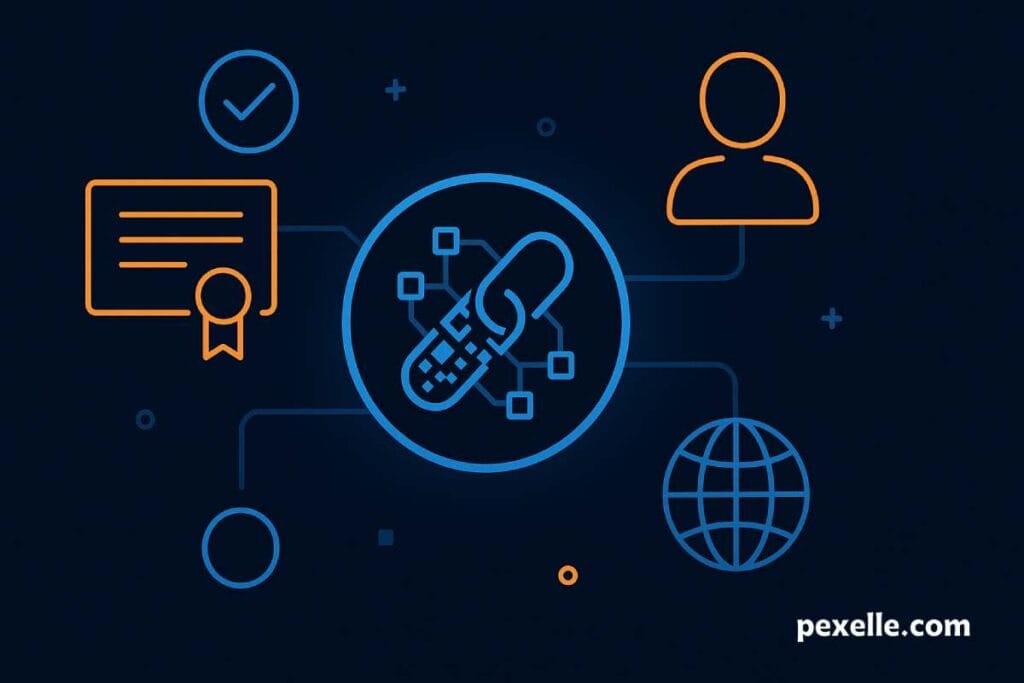Decentralized Credentials: Trustless Verification of Skills in the Blockchain Era

Introduction: The End of Traditional Credentialing
For decades, educational institutions and corporations have served as the central authorities validating people’s skills and qualifications. Diplomas, certificates, and transcripts are issued by universities; reference letters are signed by managers; professional badges are handed out by institutions. However, this centralized model has critical flaws: it is slow, expensive, often difficult to verify across borders, and vulnerable to fraud. In a world where the workforce is increasingly global and digital, these limitations hold back both talent mobility and trust in hiring processes.
The Blockchain Advantage in Skills Verification
Blockchain technology offers a radically different approach to credentialing. By design, blockchains are immutable, transparent, and decentralized. When skills or qualifications are issued as blockchain-based credentials, they can be instantly verified by any third party without the need to contact the issuing institution. This eliminates the costly, time-consuming verification process while ensuring that the data has not been tampered with. Just as cryptocurrencies removed the need for banks to validate transactions, decentralized credentials remove the need for intermediaries in validating human capabilities.
Trustless Systems: Why They Matter
The concept of “trustless” does not mean “untrustworthy”; rather, it means trust is embedded in the system itself, not in a central authority. In a trustless credentialing system, skills are validated by cryptographic proofs and consensus protocols, not by paperwork or signatures. For example, a software engineer’s verified blockchain credential could confirm their mastery of Python, Solidity, or cloud computing without requiring HR teams to chase transcripts or call universities. This reduces hiring friction, protects against fraudulent resumes, and empowers individuals to carry their validated skill profiles globally, independent of borders.
Empowering Workers and Institutions Alike
Decentralized credentials benefit both workers and employers. Workers gain sovereignty over their skills portfolio—no longer locked within a single institution or platform—and can showcase verified abilities to global employers. Employers, in turn, save time and resources on background checks while gaining confidence in the authenticity of candidates’ skills. Universities, training providers, and online learning platforms also stand to benefit by issuing blockchain credentials that are tamper-proof and portable, adding new value to their programs and reputation.
Future Outlook: The Skills Passport Era
As adoption grows, decentralized credentials could evolve into a global skills passport—a universally recognized digital identity of capabilities. Instead of being tied to outdated job titles, individuals will showcase granular, verified skills that adapt with lifelong learning. Platforms like Pexelle can play a key role by integrating blockchain verification into their skills intelligence systems, bridging the gap between talent, education, and employers. The result is a future where skills, not bureaucracy, drive opportunity and mobility.
Source : Medium.com




